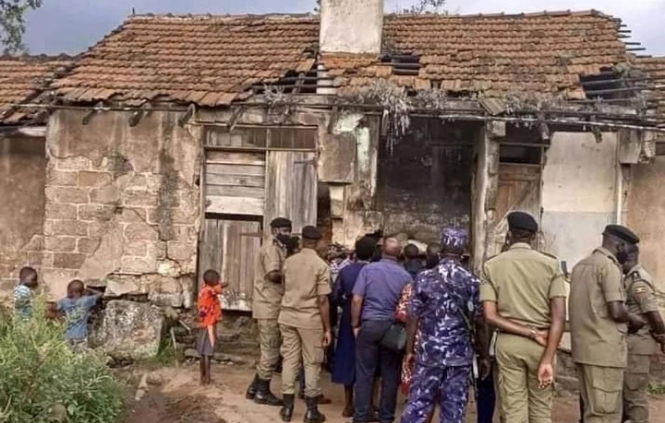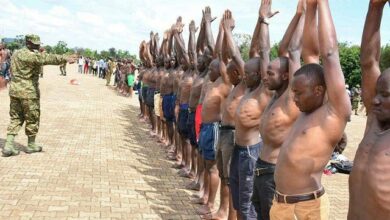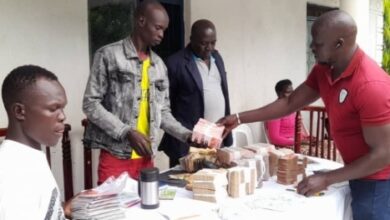Police welfare wanting – new report
The report also surveyed the living conditions of Ugandan police force officers, which include housing, utilities, sanitation, access to medical care, and decent burial for police personnel, among others.

By Our Reporter
Kampala: The 2024 Uganda Human Rights Commission (UHRC) report on the working and living conditions of the Uganda Police Force (UPF) indicates that their living and working conditions are wanting and, in some cases, to an extreme level.
The report was conducted between February and July 2022 through sampling of 28 police regions covering 75 districts of Uganda, and 955 Ugandan police officers were selected to ensure adequate representation.
The survey looked at the working conditions that include office space and structures, office supplies, office equipment, office utilities, deployment and transfers, remuneration, promotion and training, annual leave, rewards and sanctions, and staff welfare initiatives, among others.
The report found that, though various officers belonged to various saving groups that include Police Saving Association Limited and Exodus Police SACCO, only 7% rated UPF SACCO services as good, 14% as good, 23% as fair, 26% as poor, and 30% as very poor. Only 31.6% said they had benefited from the exodus police Sacco, where the majority of the personnel belonged, and the Police Savings Association Limited, the two formal staff saving schemes.
The report also found out that deployments are not fairly done, as 30% of the respondents said they are fairly done following well-established procedures and in consideration of one’s sex, age, professionalism, rank,rank training, competence, and health status, but 70% said they are not fairly done due to underhand methods that include corruption tendencies, favoritism, tribalism, nepotism, technical know-how, and bribery. They also noted that they were not aware of the deployment and transfer processes.
The report also surveyed the living conditions of Ugandan police force officers, which include housing, utilities, sanitation, access to medical care, and decent burial for police personnel, among others.
UHRC found out that the housing in UPF is dire; of the 390 police personnel interviewed, 29% lived in decent housing, 36% in moderately decent housing, 24% in dilapidated structures, and 3.6% in makeshift structures, while 7.7% did not specify the state of their housing.
In terms of interference in their work, 78% of the police personnel confirmed having experienced interference of political, social, cultural, economic, and environmental nature, and of these, 64% experienced political interference, 21% social, 18% cultural, 11% economic, and 7% environmental.
The chairperson of the commission, Mariam Wangadya, noted that they wanted to establish whether police working and living conditions were a catalyst for human rights abuse or violation.
While releasing the findings, the director of research, education, and documentation under the commission, Byonabye Kamadi, recommended that the ministry of finance increase funding for UPF to facilitate the construction of decent offices with requisite facilities that are in line with human rights standards at police stations, the provision of adequate equipment and supplies, and the dissemination of laws to all personnel.
Do you have a story about your community or an opinion to share with us? Email us at theugreports@gmail.com.






